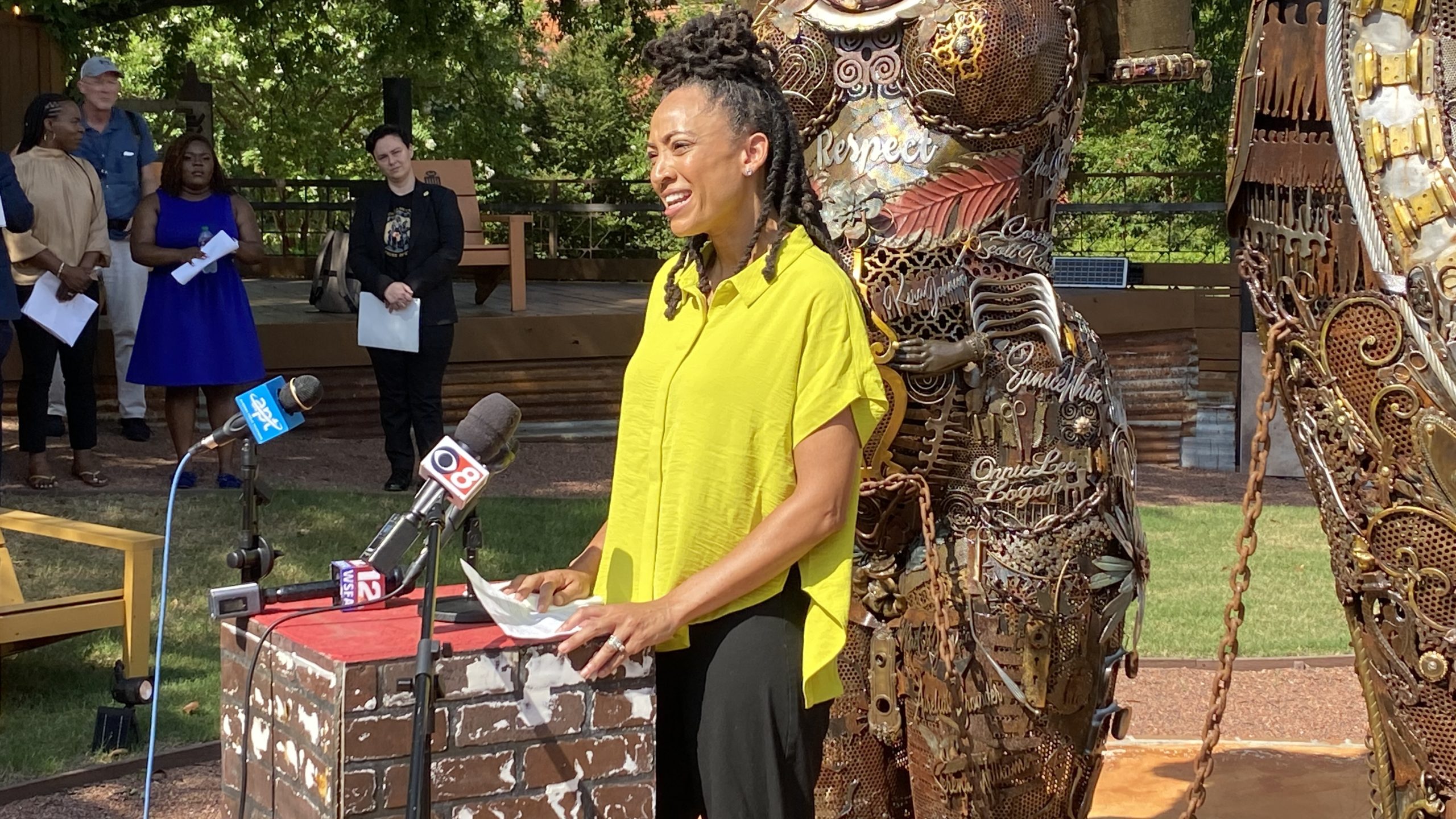|
Getting your Trinity Audio player ready...
|
A group of midwives and doctors, represented by the American Civil Liberties Union, have filed a lawsuit in state court challenging what they called a “de facto ban” on freestanding birthing centers throughout the state by the Alabama Department of Public Health.
The lawsuit claims that ADPH has created significant uncertainty around the legal status of birthing centers that provide midwife-led care by asserting that all such birth centers require a “hospital” license, and at the same time has made it impossible for any such birth center to obtain such a license.
Whitney White, a staff attorney with the ACLU Reproductive Freedom Project, told reporters at a press conference Tuesday that ADPH lacks the authority to require birth centers to obtain a hospital license because midwife-led birth centers do not constitute “hospitals” under Alabama law. Even if the court finds that ADPH does have that licensing authority, White said, it does not have the authority to ban birth centers altogether, and by failing to provide any path to licensure, the Department is imposing a de facto birthing center ban throughout Alabama.
“The recent actions by the Department impose an unjust ban on birthing centers amid a maternal and infant health crisis, disproportionately affecting Black women and infants,” White said. “We hope the court will prevent the Department from continuing its de facto ban on essential maternal care for pregnant Alabamians.”
ADPH has proposed rules to govern birthing centers twice in recent months. Under the proposed rules a physician or medical director would be required to oversee birth centers, and they would be required to be within 30 minutes of a hospital with OB-GYN services.
Stephanie Mitchell, a nurse and midwife that owns a birthing center in Gainesville, Alabama, said those rules are unduly burdensome and would have a net negative impact on maternal health.
“Allow us to show you what the evidence says and what we can do and how we can provide care,” Mitchell said. “To not hear anything in response has been disheartening. To not be invited to the table to be able to impart this super important education has been incredibly painful. It has been incredibly frustrating.”
Mitchell said the proposed regulations stem from a place of unfamiliarity with midwifery, as the state had banned the practice in 1987 and only lifted that ban in 2017.
The ADPH requirements have completely halted the work of Dr. Heather Skanes, oner of Oasis Family Birthing Center in Birmingham, the lead plaintiff in the suit.
“I founded the Oasis Family Birthing Center in response to Alabama’s maternal and infant health crisis, driven by a commitment to provide patient-centered, safe, and affordable care,” Skanes said. “Amid a dire need for accessible prenatal care and personalized birthing options, we created a haven where midwives offer exceptional care in a home-like environment. Unfortunately, Alabama’s Department of Public Health abruptly halted our services without regard to the high-quality care we were providing. Despite our pleas and willingness to demonstrate safety and value, they ignored us and left us no choice but to close. This lawsuit isn’t just about our center; it’s about equitable care for all. I hope the court will correct this injustice and begin to rectify Alabama’s history of harm to Black mothers and infants by supporting a proven approach that enhances outcomes and accessibility.”
Alabama has the third highest maternal mortality rate in the nation, with Black women making up a disproportionate share of maternal deaths. Alabama also has the sixth highest infant mortality rate in the nation, with Black infants making up a disproportionate number of these deaths. One factor playing into this concerning trend is the growing number of maternal health deserts in the state. More than two-thirds — or 43 out of 64 — counties in Alabama have little to no access to maternity care.
A copy of the lawsuit complaint filed Tuesday can be found here.






















































